A healthy population of normal gut microbes helps to prevent unfriendly bacteria and yeast from injuring the intestinal wall, which can result in increased intestinal permeability – the so-called “leaky-gut syndrome.” This can, in turn, lead to severe inflammation and autoimmune diseases that can damage vital organs and even threaten our lives.
Keeping the resident population of bacteria and other microbes in our intestinal tract balanced and beneficial is essential for good health, especially during and after taking a course of antibiotics. We are learning that our population of gut bacteria interacts with our body in many remarkable ways, from stimulating our immune system to producing neurotransmitter molecules that ride the bloodstream up to the brain and influence our very thoughts and moods!
Consequently, keeping our gut flora balanced and beneficial is essential and ingesting a preparation containing health-enhancing bacteria can be a timely strategy (along with a whole-food, plant-based diet.)
The bacteria in our intestines are originally common soil bacteria. How do they get into our guts? Animals who live earth-connected lives, like grazing deer and antelope, are constantly refreshing their intestinal flora as they eat and drink. They pull up clumps of grass with soil particles clinging to the roots and ingest the microbes when they swallow. When they drink from a nearby stream, they, again, ingest bacteria in the water that wash into the stream from the soils with every rainstorm. They, in turn, excrete the microbes back into the environment. So, a river of soil microbes moves through their digestive tracts and back to the soils. They are part of the flowing energies of the living Earth.
Humans, too, used to live Earth-connected lives, foraging for roots and tubers, digging them up covered with soil bacteria and usually eating them unwashed. We, too, drank from streams and rivers like other animals. Thus, we constantly refreshed our soil-born gut bacteria population, just like the deer and antelope. Our ancestors never swallowed probiotic capsules. Nature provided them free of charge. Modern life, however, is an assault on our intestinal microbial populations; little to nothing is done to replenish or nourish our gut flora. Think of the bacteria-killing nature of what we swallow these days:
- Drinking water treated with chlorine, fluoride, heavy and soft metals.
- Soft and sugary drinks (colas, etc.) often made with phosphoric acid, which gives them their “bite” on the tongue. Phosphoric acid kills microbes – and gut wall cells.
- Too much coffee – the coffee oils that give coffee its taste are quite harsh on bacteria.
- Too much alcohol – the glass of wine, that mug of beer may taste good, but, think about it: in the hospital, we dip our surgical instruments into alcohol to kill bacteria– and, yet, people drink it as a recreational beverage! Alcohol in the concentrations that people commonly drink kills every cell – plant or animal – that it touches.
- Herbicides and pesticides on plant foods – which are intentionally designed to chemically injure plant cells. Most of the microbes in your gut share the same cell machinery as true plants – cell walls, chromosomes, etc. So, herbicides on foods can damage microbe balance, too.
- Antibiotics from doctors’ prescriptions – often requested by the patient and dispensed reluctantly by the doctor for conditions not affected by antibiotics.
- Antimicrobials, hormones, and GMOs in the meat and dairy from factory-farmed animals are a HUGE problem, unbalancing our gut microbes and spawning antibiotic-resistant “super-bugs.”
No wonder so many people have imbalances in their gut microbial populations, known as their “microbiome.” As the normal inhabitants are killed off by this modern-day onslaught, unfriendly yeast, bacteria, and other microbes can set up housekeeping along and within the intestinal wall and then proceed to damage that intestinal barrier, leading to the “leaky gut” syndrome and all the inflammatory conditions that arise from that condition.
Consequently, if you subject your microbiome to any or all of the above injurious agents on a regular basis, or if you have recently taken a course of prescribed antibiotics, ingestion of a good probiotic may well be a wise idea for you to prevent diarrhea, yeast overgrowth, and a host of other problems.
Of course, before we discuss probiotics – which are edible products that contain beneficial microbes – it goes without saying that you would want to do all you can to avoid the bacteria-harming agents listed above.
If you want a healthy microbiome – and especially if you are trying to heal a “leaky gut,“ consider:
- not drinking alcohol, soft drinks, and coffee
- minimize eating chemical-sprayed fruits and vegetables
- severely reducing or eliminating animal products from your diet
- avoiding needless antibiotic prescriptions
- eliminating chlorine, metals, and fluoride from your water via distillation, evaporation/condensation, or effective filtering, like reverse osmosis. Chlorine is volatile – letting a pitcher of tap water stand overnight will allow much of the chlorine to evaporate by morning.
Once you have taken the steps listed above to minimize injury to your gut flora, which organisms do you want to help establish in your intestinal lining? There are a group of bacteria that are especially beneficial and I always look for these names on the label of any probiotic I purchase:
- Lactobacillus acidophilus
- Lactobacillus plantarum
- Lactobacillus. salivarius
- Lactobacillus. bulgaricus
- Lactobacillus casei
- Lactobacillus bifidus
- Lactobacillus rhamnosus
- Bifidobacteria longum






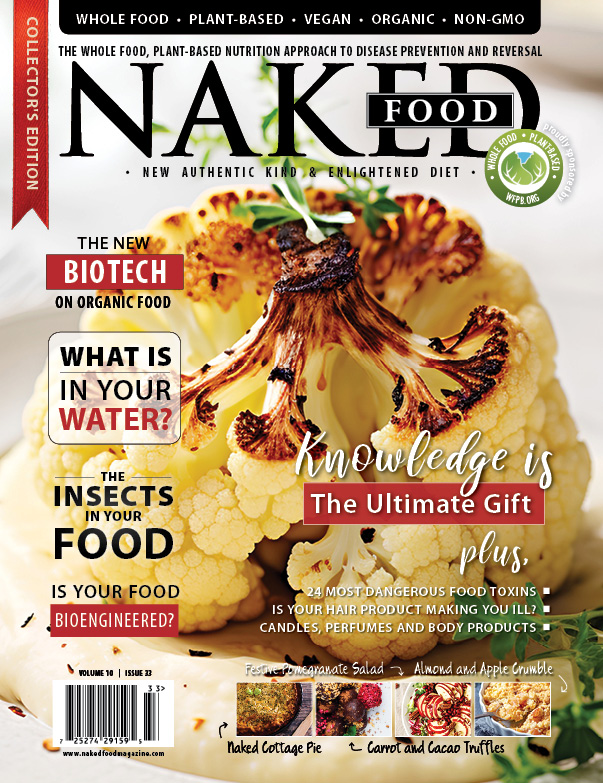
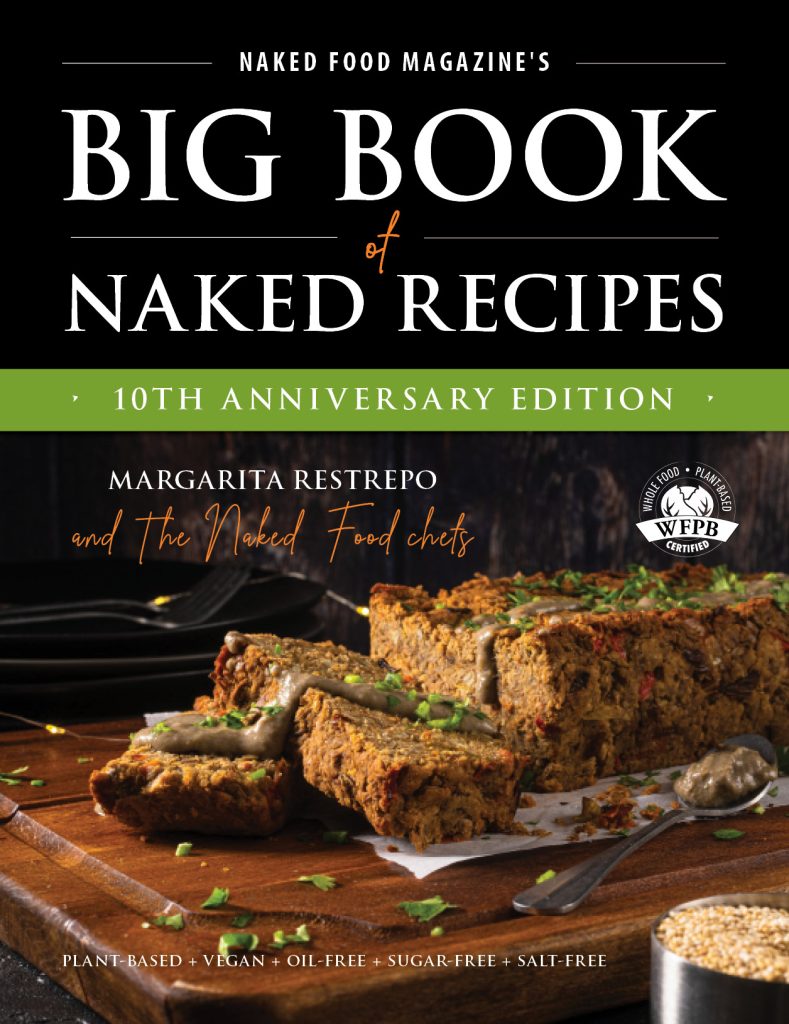
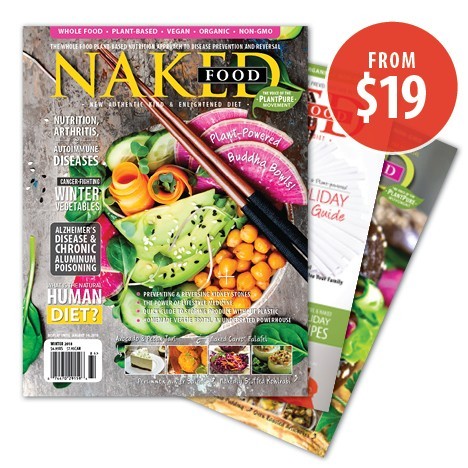












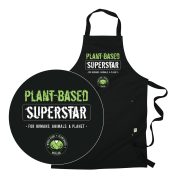
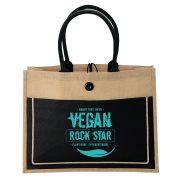


February 14, 2023
A great book on this topic is Dr Robynne Chutkan’s, The Antiviral Gut. She has several YouTube videos as well.
February 24, 2019
Is there a brand that you use?
February 19, 2019
What about fermented foods like Sauerkraut?